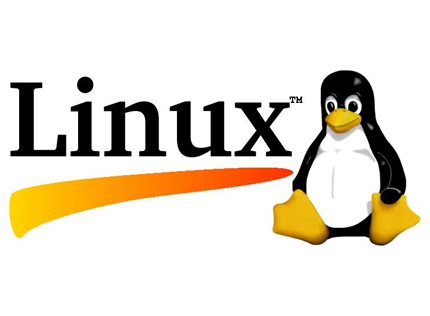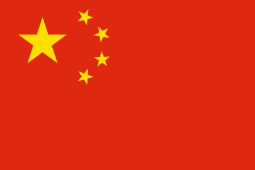Despite three years of attention by lawmaking committees and a steadily increasing roster of laws protecting intellectual property, China is a shopper’s paradise for all things pirated–handbags, jewelry, movie DVDs, and, of course, software.
Vendors pushing wheelbarrows piled with CDs offer Windows 98, 2000 and XP for as little as 4 yuan–just 50 cents. A slightly higher-quality product is available from tiny, hole-in-the wall storefronts. There, a copy of the software still in its original packaging–or what looks like original packaging — is available for 18 yuan, or $2.25. Still a bargain.
“I want more Chinese to use the software and to get to know the advanced technology of the United States,” explained the salesman.
That’s one way of looking at intellectual property rights, one that can cause problems for U.S. companies doing business both with Chinese partners and with their own subsidiaries staffed with native Chinese. It’s not unusual to find pirated software in American-affiliated companies, even when company policy forbids it.
That is one of the major complaints of the Business Software Alliance, whose members include Microsoft, Intel, Cisco and other major technology firms.
The BSA estimates that 90 percent of all software sold in China is pirated. That translates to more than $3.5 billion in lost revenues for the software makers. Only one country, the United States, is ahead of China when it comes to lost revenues.
Not all the pirates would have bought legal copies of the software if the pirated versions had not been available, of course, but enough would have to add up to some significant losses.
In a survey of 450 members released this month, the American Chambers of Commerce in Shanghai and Beijing reported that 80 percent of respondents said that China’s IP protection efforts were ineffective. US companies want to see China show some strong national leadership and dedicate capital and resources to intellectual property protection, the Chambers reported.
Both the Chinese and US governments claim they are paying attention to this issue.
In April, the US Trade Representative’s office placed China on the Priority Watch List necessitating “special review” of China’s computer software piracy policing efforts.
Chinese Commerce Vice Minister Zhang Zhigang expressed “deep regrets” over the designation. “There are still a few problems in China’s IPR protection, but we are paying attention to these problems and solving them one after another,” Zhang said.
While Chamber report credited China for three years of legislative progress in the right direction, both the document and chamber officials expressed disappointment with China’s IP enforcement efforts.
Stores sell fake goods “with seemingly no fear of meaningful legal or pecuniary penalties,” the report said. Raids and awareness campaigns merely interrupt the practice. “This recidivism creates the impression that Chinese national leadership lacks the will to stop counterfeiting and piracy.”
Credible criminal sanctions are needed to deter exports of pirated goods which have increased steadily over the past five years since China’s entry into the World Trade Organization, the chambers said.
“We want to see more action,” said Zhu Nongfan, an attorney in corporate practice who serves as Chairman of the American Chambers of Commerce subcommittee on IP issues.
IP violations are even taking a personal toll on American business executives in china.
“People go home early,” said Shanghai-based psychologist Glen Blair. Blair’s said he’s seen Western families burnt out by pirates leave on a day’s notice. Armed with ideas and idealism businessmen feel betrayed by the Chinese they think they have come to manage, he said.
Others adjust. Some, by going over the dark side. Even foreign CEOs can be found who have loaded up on cheap pirated software.
“When I need new software in China, I go any of the cybermarts and at first they claim they don’t have it, then after a while, they always say they do,” said a Western businessman in Shanghai who produces custom manufactured goods and exports it to the West.
(With Bill Marcus.)


